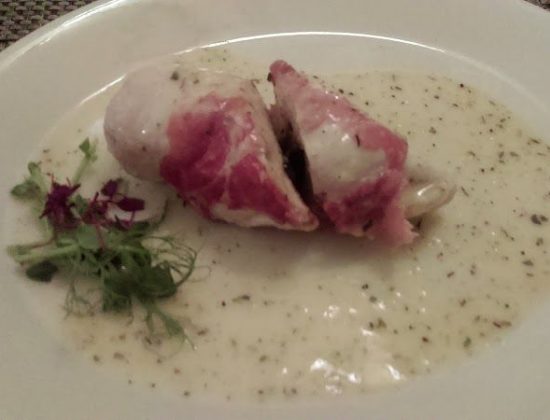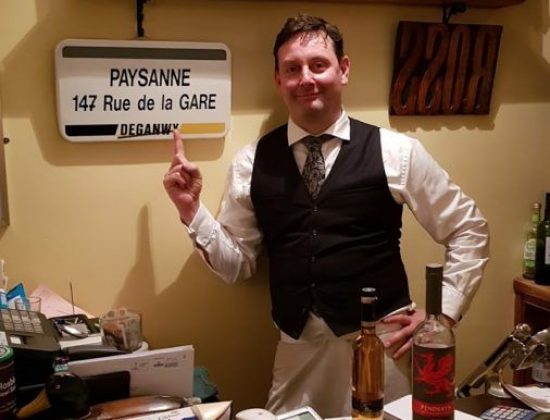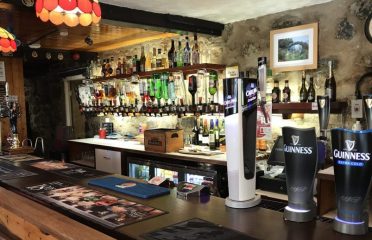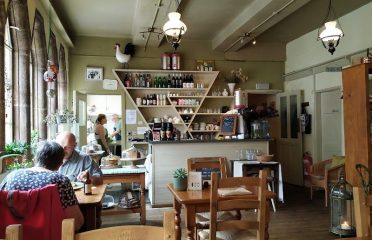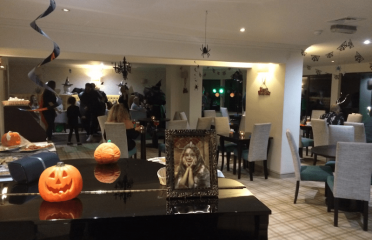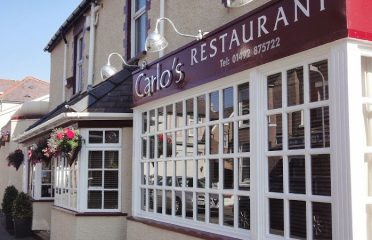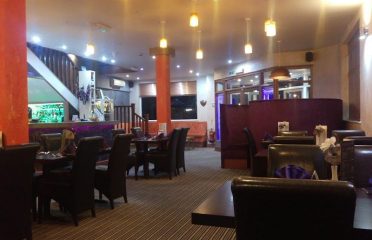Paysanne has been serving delightful French cuisine since 1988, inspired by the simple yet elegant dishes of provincial France. Founded by Bob & Barbara Ross, the restaurant offers a unique dining experience where tradition meets innovation, highlighted by our chef David Hughes’ exciting new additions to the menu. With an emphasis on local produce paired with wines from small independent vineyards, each meal at Paysanne is a celebration of flavor and craftsmanship. The inviting atmosphere makes it an excellent choice for family gatherings or special occasions. Join us to savor the essence of French dining right here in North Wales!
Rate us and Write a Review
Note: Data fetched from Google is temporarily stored and can change on latest API request every month.



